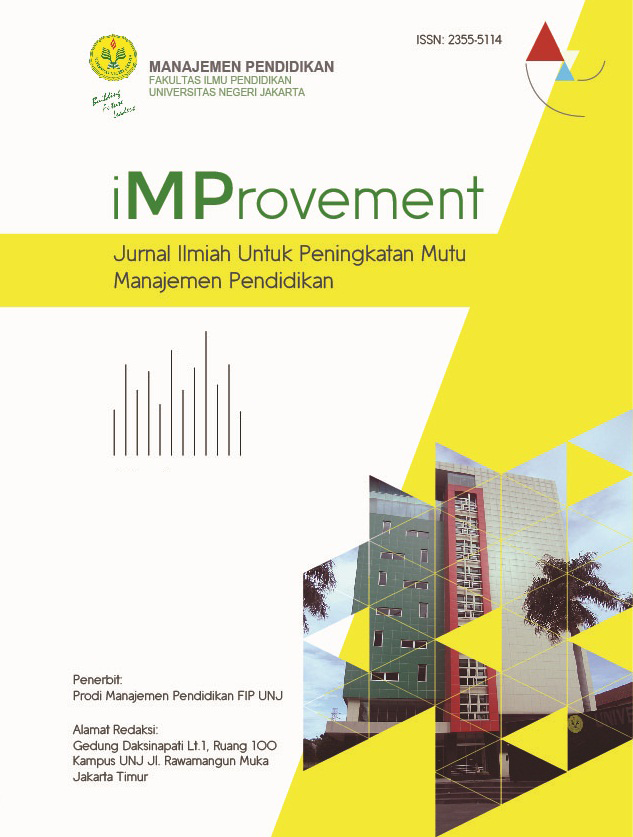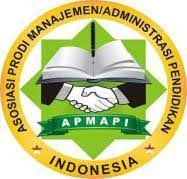Metode Supervisi Akademik Kepala Sekolah Terhadap Guru Pendidikan Agama Islam
DOI:
https://doi.org/10.21009/improvement.v6i1.15849Keywords:
Academic Supervision, Principal, Islamic Religious EducationAbstract
This study aims to describe the methods and steps of academic supervision of the principal of the Muhammadiyah Plus Salatiga Middle School in improving the performance of PAI learning teachers. This research uses a qualitative ethnographic approach to education. Data collection techniques through observation, documentation and interviews. While the data analysis of this study uses inductive qualitative. The results of this study concluded that the academic supervision method applied to improve teacher performance is a collaborative method, namely the direct and indirect methods. Supervision techniques used, using two techniques, namely individual and group techniques. Individual techniques include: class visits, observations and individual meetings. Group techniques by holding teacher meetings and training to improve teacher competency. The steps are as follows: 1) Planning documents; 2) Implemented after there is socialization and agreement with the teacher to be supervised; 3) Conduct an analysis of the implementation of supervision; 4) Providing feedback from the results of the supervision analysis; 5) A follow-up plan for supervision is carried out; 6) Prepare reports on the results of supervision.
Downloads
Published
How to Cite
Issue
Section
License
Copyright (c) 2020 Nurhudha Sandi Utomo

This work is licensed under a Creative Commons Attribution-NonCommercial-ShareAlike 4.0 International License.
Authors who publish with this Journal agree to the following terms:
- Author retain copyright and grant the journal right of first publication with the work simultaneously licensed under a creative commons attribution licensethat allow others to share the work within an acknowledgement of the work’s authorship and initial publication of this journal.
- Authors are able to enter into separate, additional contractual arrangementfor the non-exclusive distribution of the journal’s published version of the work (e.g. acknowledgement of its initial publication in this journal).
- Authors are permitted and encouraged to post their work online(e.g. in institutional repositories or on their websites) prior to and during the submission process, as it can lead to productive exchanges, as well as earlier and greater citation of published works.
-
Users/public use of this website will be licensed to CC BY-NC-SA (Attribution & Non-Commercial-ShareAlike)



